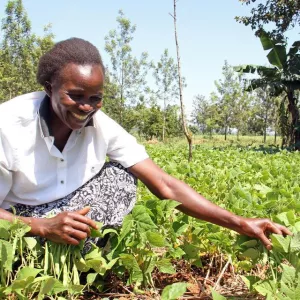How Indigenous Vegetables Are Changing Kenya's Food Systems
Kenya, like many African countries, has historically relied on a mix of indigenous and introduced crops to feed its population. However, over the past few decades, there has been a steady decline in the cultivation and consumption of indigenous vegetables due to the rise of imported crops and changing dietary preferences. However, a resurgence of interest in traditional food

How Indigenous Vegetables Are Changing Kenya's Food Systems

Kenya, like many African countries, has historically relied on a mix of indigenous and introduced crops to feed its population. However, over the past few decades, there has been a steady decline in the cultivation and consumption of indigenous vegetables due to the rise of imported crops and changing dietary preferences. However, a resurgence of interest in traditional food systems has shone a spotlight on indigenous vegetables, which are coming to play a transformative role in reshaping Kenya’s food systems.
The decline and resurgence of indigenous vegetables
However, this downward trend began to reverse in the early 2000s due to a convergence of socioeconomic and environmental pressures. The sharp rise in food prices, increasing rates of malnutrition, and growing concerns over pesticide-laden produce led activists and researchers to revisit the nutritional and ecological benefits of indigenous crops.

